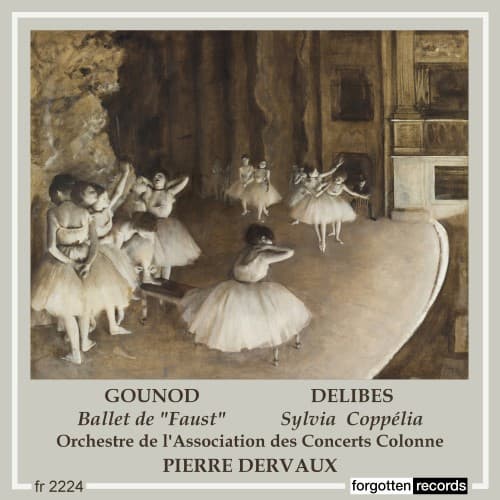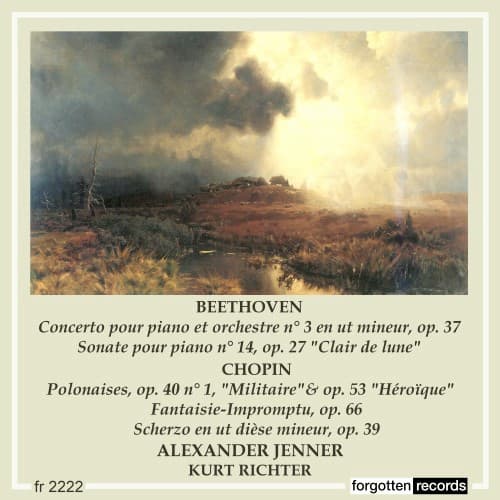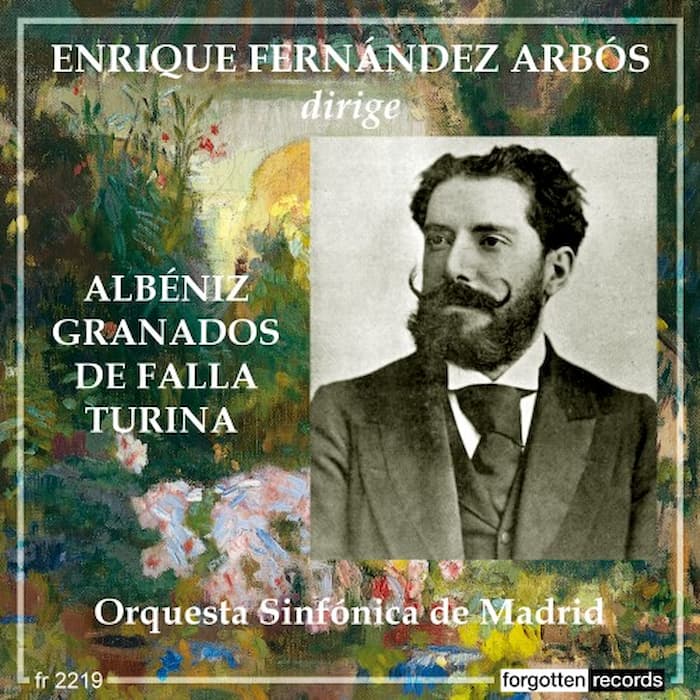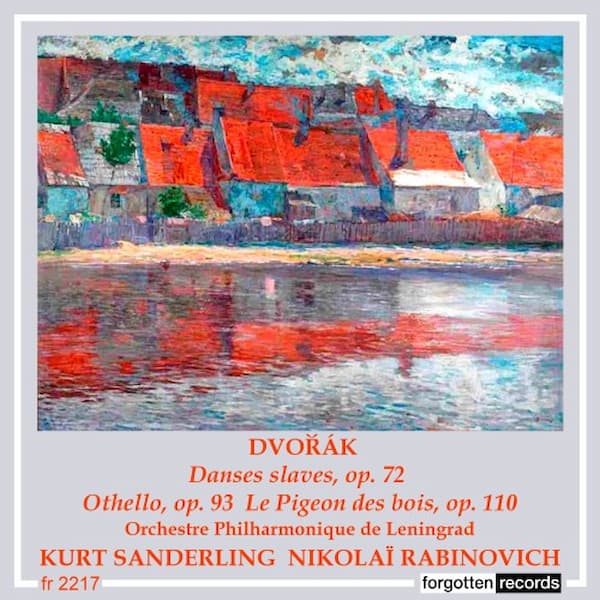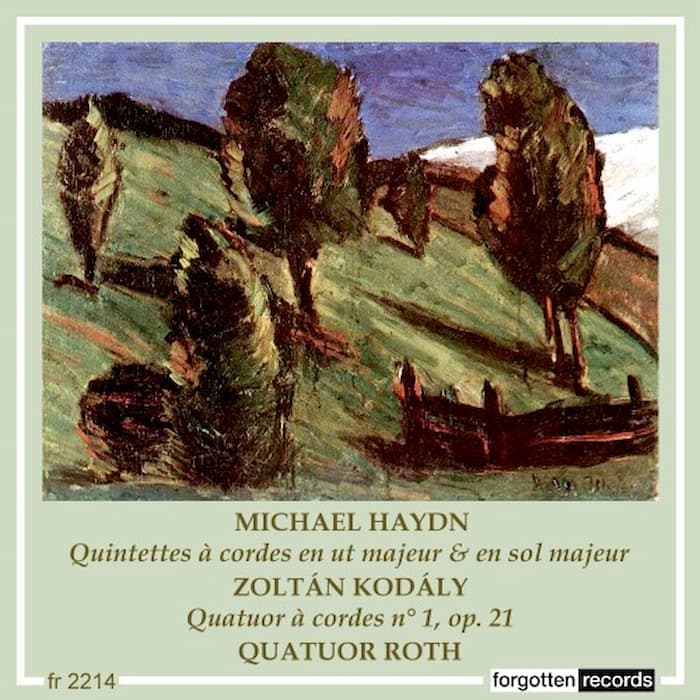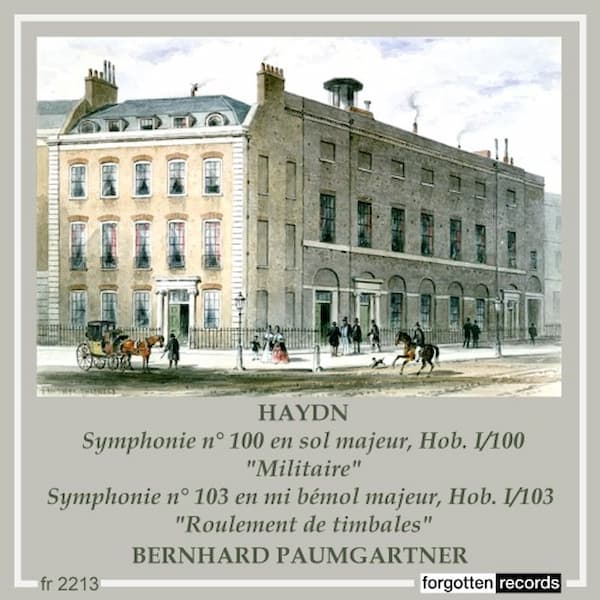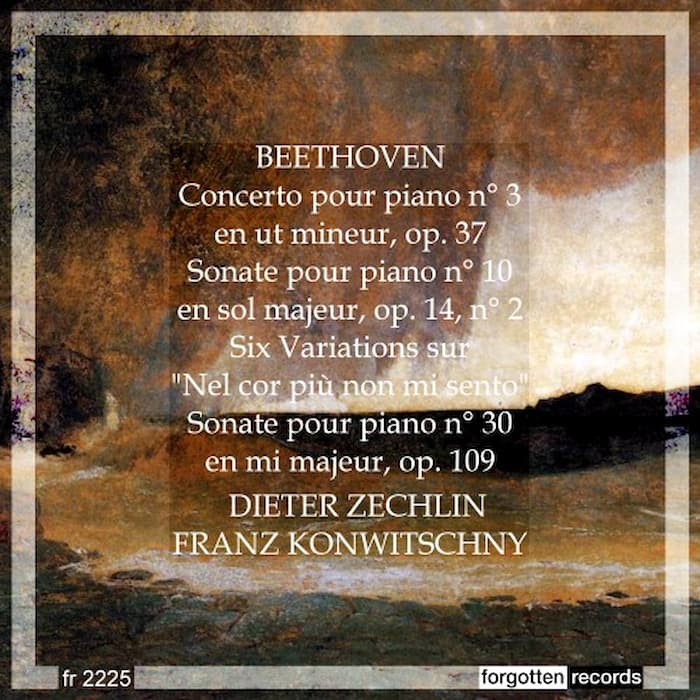The story of Faust has captured composers’ imaginations for centuries. There was a historical figure, Johann Georg Faust (c. 1480–1540), who made the original deal with the devil at the crossroads when he exchanged his soul for unlimited knowledge and worldly
Archives
When he finally arrived in Vienna as a permanent resident in 1795, Beethoven fit into an interesting hiatus in the city’s music life. Mozart‘s recent death left a place open for a daring piano virtuoso and composer. In his first
Édouard-Victoire-Antoine Lalo (1823 –1892) started his musical career as a viola and violinist, studying at the Paris Conservatoire with François Antoine Habeneck, who had founded and led the Orchestre de la Société des Concerts du Conservatoire from 1828. After graduation,
Inspired by the works of the Spanish Romantic painter and printmaker Francisco José de Goya y Lucientes (1746–1828), Goyescas by Enrique Granados (1867–1916) was a 6-part suite for piano, written in 1911. In 1915, he transformed the piano works into
Antonín Dvořák (1841–1904) loved the poetry of Karl Jaromir Erben, particularly his collection of Czech folk ballads, The Garland, published in 1853. Starting in 1896, once he’d finished his nine symphonies and his other major orchestral works, Dvořák used the
Michael Haydn (1737–1806), the younger brother of Joseph Haydn (1732–1809), also had a career in music, smoothed by his older brother’s success in Vienna. Like Joseph, he started his career in the choir of St Stephen’s Cathedral, Vienna, at age
Joseph Haydn (1732–1809), largely released from duties with the Esterhazy family after the death of Prince Nikolaus in 1790, was free to make his second visit to London in 1794. He had been commissioned by Johann Peter Salomon to write
The Italian composer Giovanni Paisiello (1740–1816) was the most popular opera composer at the end of the 18th century. Based in Naples, his operas caught the attention of all of Italy and, in addition to Naples, he wrote operas for

